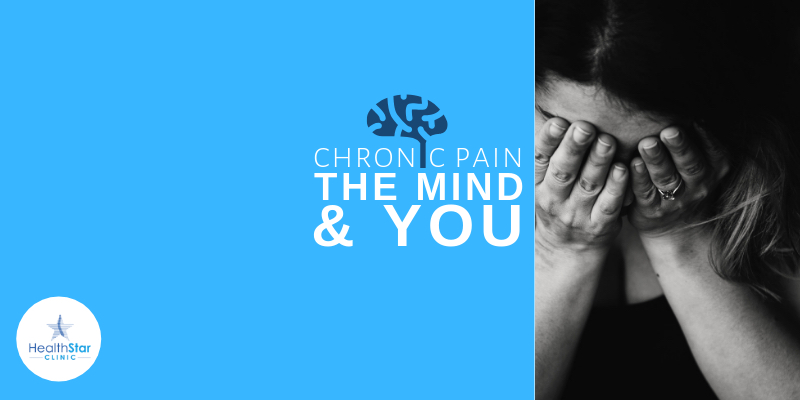If you’re one of the 100 million Americans suffering with chronic pain, you know it affects much more than just your physical body. Persistent pain can have a tremendous impact on day-to-day life, setting the stage for long-lasting mental health issues.
It turns out there’s a very real link between chronic pain and psychological well-being. Here are the all-too-common effects you may not have heard about.
Depression
The most prevalent emotion associated with chronic pain is depression, according to the American Chiropractic Association. It’s a cyclical relationship—being in pain causes feelings of depression, which only makes it that much harder to heal. In fact, about one-third to three-quarters of people who suffer from chronic pain also experience moderate to severe depression, according to a report put out by The Washington Post.
Social Isolation
This goes hand in hand with depression. Unfortunately, chronic pain can make it difficult to maintain healthy relationships. For many, persistent pain and constant discomfort get in the way of participating in activities with friends and loved ones. Instead of living your best life, you become a slave to your condition. Many chronic pain sufferers know the emotional pain of loneliness all too well.
Not surprisingly, feelings of anger that are stifled—instead of expressed—may also intensify chronic pain. It’s another example of a circular relationship: pain causes anger and stress, which only amplifies the pain.
 Anxiety and Nervousness
Anxiety and Nervousness
Many people with anxiety also have chronic pain disorders. Managing both isn’t always easy, but it is possible. People in this boat may have a lower threshold for pain, according to the Anxiety and Depression Association of America. But medicinal treatments along with relaxation techniques, like massage, and chiropractic care can relieve pain over the long haul.
In the meantime, everyday activities like going to work, caring for your children, or tidying up your home can feel insurmountable in the face of relentless pain. This fear of pain lends itself to a common coping strategy—avoiding activities you once loved.
The silver lining here is that invasive surgery doesn’t have to be in your treatment plan. Cognitive-behavioral therapy, in conjunction with noninvasive treatment options, can help patients make sense of their condition, accept their feelings, and develop healthy strategies for acceptance and healing. With the right approach, it’s more than possible for people suffering from persistent pain to live full and happy lives.
Health Star Clinic has earned a reputation as the go-to source for chronic pain relief in Montgomery and Prattville. When it comes to kicking persistent pain for good, there are plenty of nonsurgical treatment options to get the job done. Click here to get on the path to recovery.

